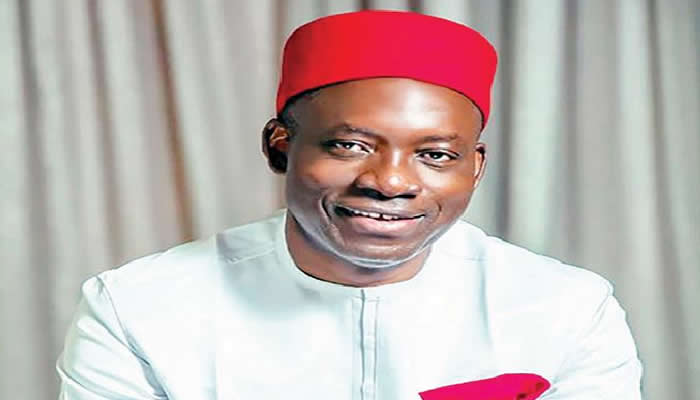The Anambra State Independent Electoral Commission (ANSIEC) is set to conduct elections for chairpersons and councilors across the 21 Local Government Areas (LGAs) on Saturday, marking a decade since the last electoral exercise in the region. This election is significant as the LGAs have been under the management of Caretaker Transition Committee chairpersons, appointed by the governor since 2014. With over 100 candidates contending for control, there is hope that elected officials will eventually grasp leadership roles, thereby reshaping governance at the grassroots level. The polls aim to enhance democratic representation by restoring elected governance, which has been absent for several years.
The journey towards these elections took a critical turn following a Supreme Court ruling on June 20, 2024, which underscored the financial autonomy of local governments and mandated direct federal funding to LGs led by elected officials as opposed to those under appointees. This ruling was fundamental in lighting the path toward local elections by addressing corruption in the local governance structure that has historically hindered administrative effectiveness. It led to a renewed commitment from Governor Chukwuma Soludo, who had previously declared he would initiate local council elections within six months of his incumbency. Consequently, he established a six-member ANSIEC board, tasked with organizing the elections amid apprehensions regarding political irregularities.
Despite the excitement surrounding the anticipated elections, significant controversies have marred the preparation process. Main opposition parties, such as the Peoples Democratic Party (PDP), All Progressives Congress (APC), and Labour Party (LP), have raised serious concerns regarding the legitimacy of the ANSIEC board’s formation, accusing the governor of bypassing the Electoral Act 2022 during its establishment. These parties accused ANSIEC of bias towards the ruling All Progressive Grand Alliance (APGA), alleging that the electoral body had predetermined the victory of APGA candidates. This sense of distrust led the opposition to consider boycotting the elections, claiming the exercise would be inherently skewed in favor of the ruling party.
Moreover, the opposition parties have openly stated their decision to withdraw from the election process. The PDP voiced its apprehension regarding ANSIEC’s ability to guarantee free and fair elections, pointing to numerous irregularities that have undermined the credibility of the electoral process. They were soon joined by the APC, which asserted that participating in the election would be tantamount to endorsing a flawed process, underscoring concerns over insufficient time for candidate primaries and campaigning. The Labour Party also dissociated itself from the candidates purportedly submitted by ANSIEC, stating that they had not endorsed any candidates and had determined to boycott the elections.
In the face of these accusations, defenders of ANSIEC, including its spokesperson, have issued rebuttals, asserting that the commission is dedicated to conducting a fair electoral process. They emphasized the legality of their actions, stating adherence to the provisions of ANSIEC laws while dismissing opposition claims as attempts to undermine the process stemming from a fear of anticipated defeat. ANSIEC insists it has diligently prepared for the elections, including the registration of numerous candidates across various political platforms, while urging the public to participate actively on election day.
The atmosphere surrounding this electoral exercise is laced with a mix of hopefulness and skepticism, particularly as the broader political landscape gears up for the subsequent governor election slated for 2025. The control of LGAs is likely to play a crucial role in determining the electoral advantage for parties in future contests. Therefore, the current local elections serve not only to reinstate local governance but also to set the stage for possible shifts in the political dynamics ahead. However, the ongoing disputes around the electoral process could overshadow these elections, risking the legitimacy and acceptance of the eventual results and affecting public trust in democratic structures in Anambra State.
As the countdown to the elections draws near, Anambra’s electorate holds their breath, hoping for a resolution of the controversies that cloud this crucial democratic exercise. This event is a potential turning point for inclusive governance that could transform local administration in the state, provided that the electoral process measures up to expectations. The ultimate outcome will depend not only on the voters’ turnout but also on the perceived validity of the process itself amidst claims and counterclaims from disparate political factions. The 2024 elections, therefore, stand as a steadfast test for local democracy in Anambra as political players stake their claims amidst a challenging environment, highlighting the resilience and aspirations of the people of Anambra State.


